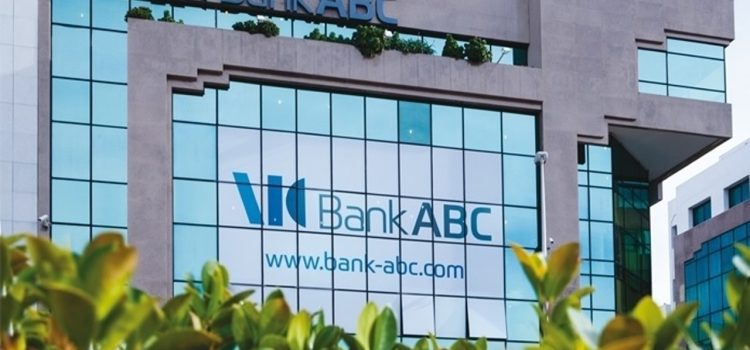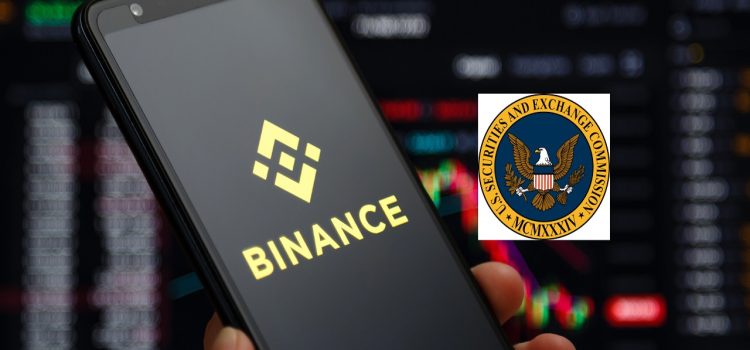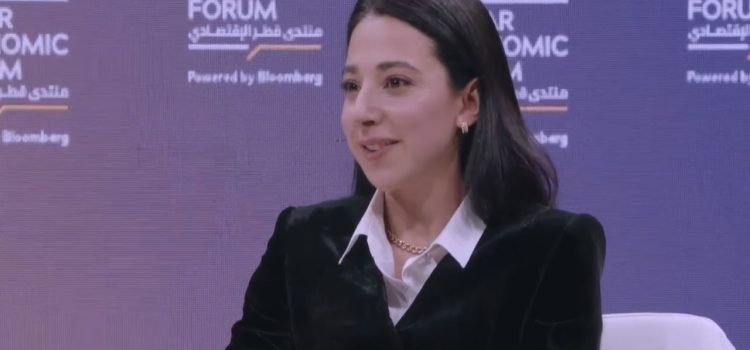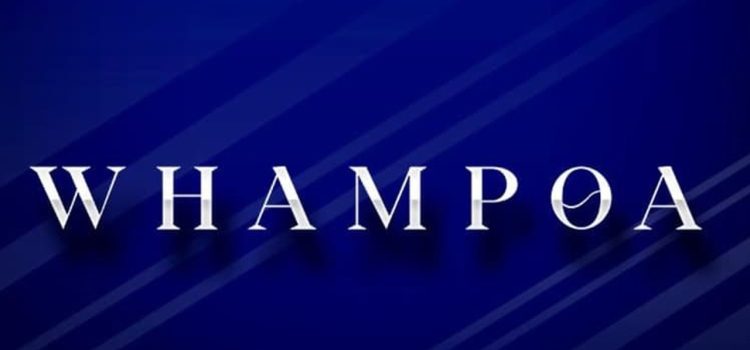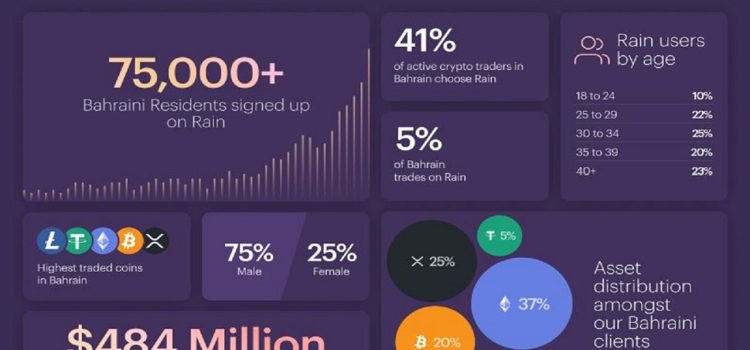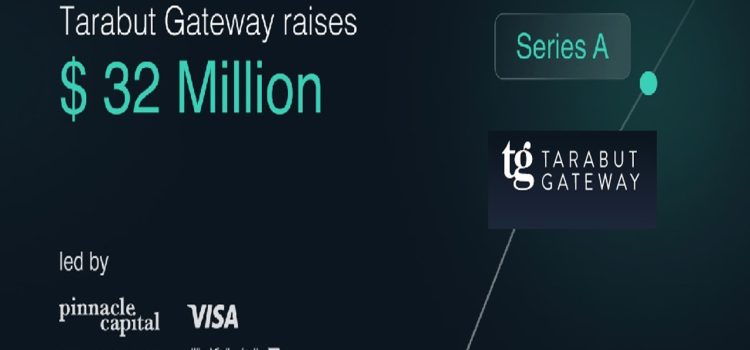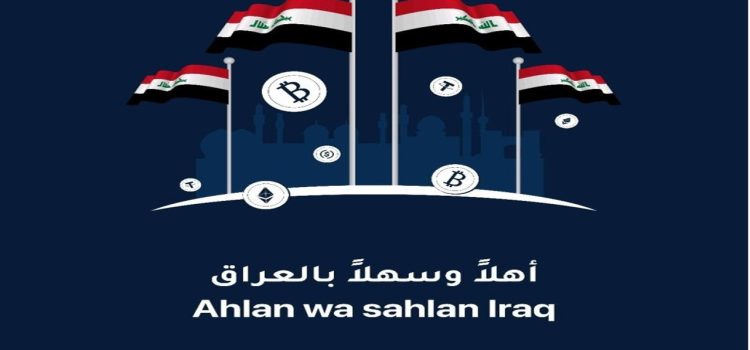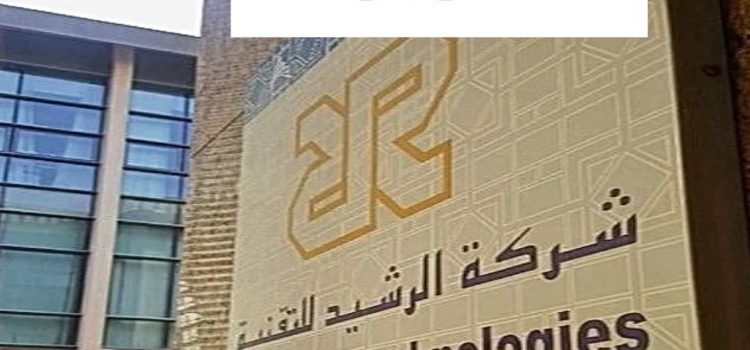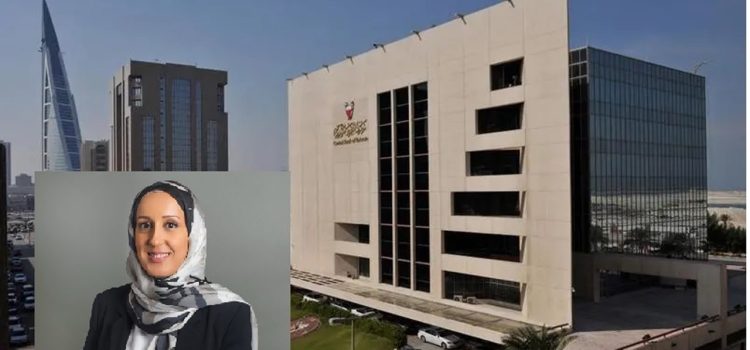
MENA based Bank ABC has won two distinguished awards at Global Finance’s much-coveted The Innovators Awards -2023. The Bank’s innovation and digitization Centre, ABC Labs, has been named as one of “the World’s Best Financial Innovation Labs.
ABC bank is implementing the GCC region’s first blockchain based cross border instant payment solutions as well as CBDC project with the Central Bank of Bahrain. In 2020 The Central Bank of Bahrain collaborated with J P Morgan and Bank ABC in a pilot scheme to introduce instantaneous cross border payment solution leveraging state of the art technology and digital currency. The pilot was successfully completed in 2022.
Bank ABC along with J.P. Morgan will pilot the transferring of funds from and to the Kingdom of Bahrain in US-Dollars for payments from buyers to suppliers. This will lead to suppliers being paid faster and buyers originating payments in shorter time periods without the need for holding funds in advance. The Central Bank of Bahrain will act as a close partner in the pilot between Bank ABC and J.P. Morgan and going forward would look to extend the collaboration to Central Bank Digital Currencies (CBDCs).
Global Finance’s Publisher & Editorial Director, Joseph Giarraputo notes, “Bank ABC continues to put digital innovation as a key strategic priority in providing world-class customer focused banking initiatives. It is playing a key role in the Gulf region’s first blockchain-based cross-border instant payment solution. Through ABC Labs, the Bank is collaborating with several central banks, including the Central Bank of Bahrain ‘CBB’, in studying and launching central bank digital currencies and is now scaling up its payment services for corporate clients.”
Bank ABC has also been presented with the ‘Top Innovations in Finance’ award, an accolade that underscores the Bank’s outstanding Digital Transformation Program which delivers an unparalleled, personalized banking experience to corporates and individuals.
The award was an acknowledgment of ABC bank’s commitment to emerging technologies such as AI, Blockchain and Data analytics.
Bank ABC’S Group CEO, Mr. Sael Al Waary said: “Innovation is at the heart of our strategy as we continue our digital transformation journey to build a more intuitive and sustainable bank of the future. We are honored and proud to accept this prestigious recognition for our world-class innovation lab, ABC Labs. This award acknowledges our commitment to staying ahead of the curve and embracing emerging technologies such as AI, Blockchain and Data Analytics. It is a testament to our commitment to delivering enhanced customer experiences and encourages us to continue to invest in our innovation and digital initiatives.”
Since inception, ABC Labs established the digital architecture and agile methodologies to enable the Bank’s strategic objectives. These steps enabled the launch of ‘ila Bank’ – a revolutionary digital mobile-only retail offering, and the development of an emotionally intelligent AI-powered digital assistant ‘Fatema’ among other achievements. Bank ABC’s digital transformation program has resulted in multiple ground-breaking digital deployments. Most recently, the Bank introduced a regional-first digital corporate onboarding service, reducing the account opening process to less than a day. It is also digitising its Supply Chain Finance, Documentary Trade Finance and Cash management businesses.








